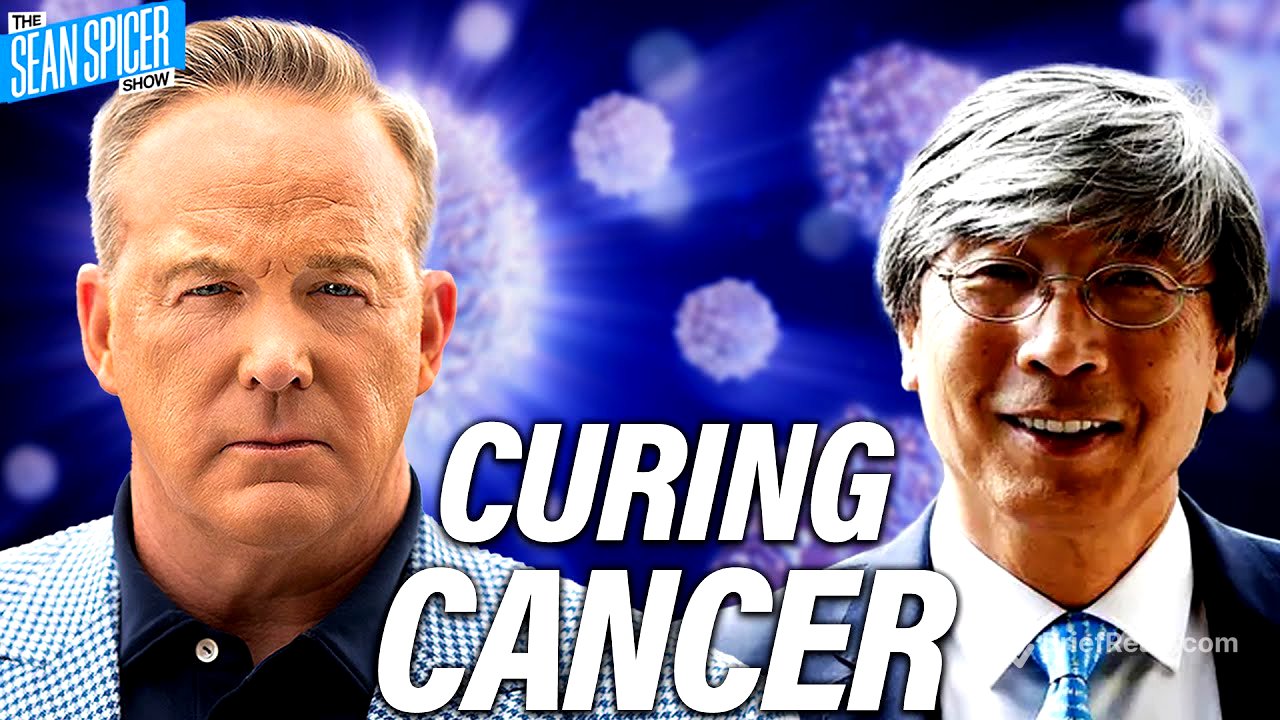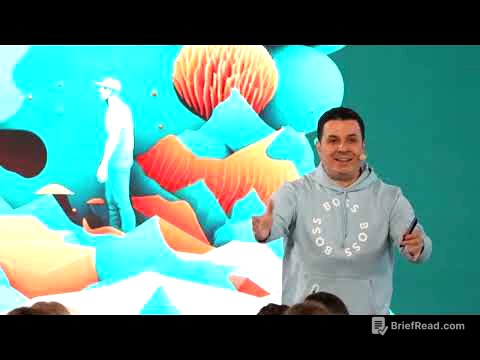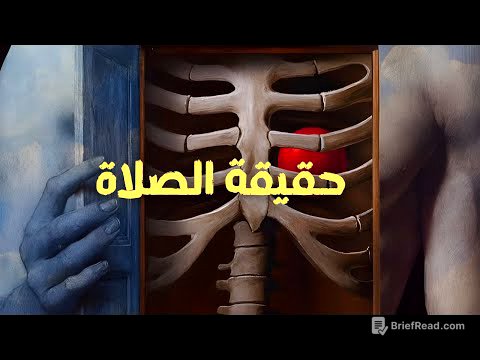TLDR;
This video features a discussion on the evolution of media and challenges in healthcare, particularly cancer treatment. The speaker emphasizes the need for traditional media to adapt to modern technology and the importance of understanding and supporting the body's natural defenses against cancer, rather than destroying them with conventional treatments like chemotherapy and radiation. He also touches on the political and institutional obstacles to innovative cancer therapies and expresses hope for future advancements under a more receptive administration.
- Traditional media outlets need to adapt to modern technology to stay relevant.
- Current cancer treatments often harm the body's natural defenses.
- Political and institutional obstacles hinder innovative cancer therapies.
The Future of Media [0:00]
The discussion begins with an observation that legacy media outlets are losing audience share, while individuals are finding new ways to reach large audiences through technology, citing examples like impactful tweets and long-form articles on platforms like X (formerly Twitter). The speaker emphasizes the importance of integrating technology with authentic and honest content to engage audiences. He notes that entrenched practices in newsrooms hinder adaptation to new technologies, making it difficult for them to evolve. The speaker stresses the need for a financially sustainable business model that respects investigative reporting while embracing technological advancements.
The Cancer Crisis [3:55]
The conversation shifts to healthcare, specifically the lack of progress in curing cancer. The speaker explains that conventional cancer treatments like chemotherapy and radiation destroy natural killer cells, which are essential for the body's defense against cancer. He highlights that these treatments, while generating billions in revenue for big pharma and academia, ultimately harm patients by weakening their immune systems. The speaker mentions a newly approved treatment in 2024 that protects natural killer cells during radiation, showing promising results in bladder cancer patients.
Unlocking the Body's Potential [7:42]
The speaker discusses his efforts to make this new treatment available nationwide, seeking expanded access from the FDA and support from international partners. He shares that there were almost 10,000 requests for the treatment after Tucker Carlson show. He aims to make the treatment accessible in rural America and other underserved areas, not just major cities. The speaker also suggests the treatment could serve as a bio-shield, protecting against radiation, bioterrorism, and infections.
Overcoming Obstacles and the Cancer Moonshot [12:54]
The speaker questions why institutions like the NIH and private universities aren't embracing these new approaches. He attributes the problem to embedded dogma and reveals his experience with the Cancer Moonshot initiative under Vice President Biden, where his efforts were stifled. Despite lacking government funding, he has invested billions in developing this cancer treatment. The speaker plans to expose the political obstacles he faced, particularly from figures like Francis Collins, and expresses hope that the current administration will prioritize truth and science over politics.
Hope for the Future [16:49]
The speaker expresses optimism about changes within the FDA and NIH, hoping for a more receptive environment for innovative treatments. He shares a hypothetical scenario where President Trump asks him to lead a new cancer initiative, stating he would consider it a moral duty to accept if it meant making the treatment available nationwide. The conversation concludes with gratitude for the speaker's contributions to medicine and hope that his work in finding a cure for cancer will be fully appreciated in the future.









